The earliest record of human kissing dates back around 4,500 years to the ancient Middle East, 1,000 years earlier than previously thought.
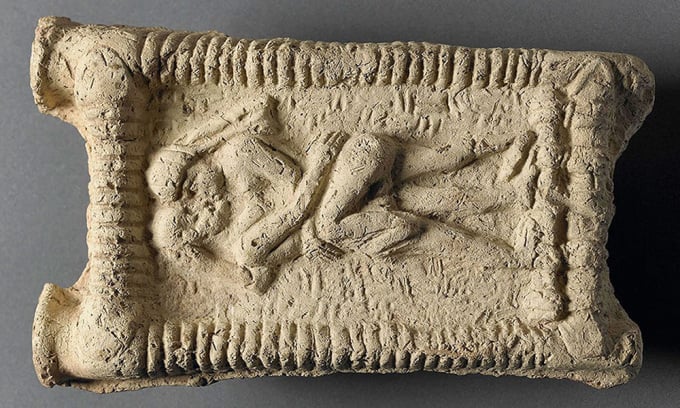
Ancient Mesopotamian clay tablets depicting a kiss. Photo: University of Copenhagen/PA
According to a study by Dr. Troels Pank Arbøll, University of Copenhagen and Dr. Sophie Lund Rasmussen, University of Oxford in the journal Science on May 18, evidence from many different sources shows that kissing appeared much earlier than previously thought, possibly as early as 2500 BC. Previously, evidence that scientists believed the origin of kissing came from South Asia, dating back 3,500 years.
According to new research, in Mesopotamia, which includes the areas between the Euphrates and Tigris rivers (modern-day Iraq and Syria), ancient people expressed affection through lip-to-lip contact. Evidence comes from cuneiform (a type of writing) on ancient clay tablets that have survived to this day. These tablets provide clear examples of how ancient people viewed kissing as part of romantic relationships, as well as friendships and family ties.
Finding evidence in separate regions of the world suggests that kissing may be a fundamental and inherent human behavior, Arboll says. “So kissing should not be seen as a custom that originated in a single region and spread from there, but rather appears to have been practiced in many ancient cultures for millennia,” he says.
Another interesting fact is that humans' closest relatives in the animal world, bonobos and chimpanzees, also perform kissing-like behaviors.
However, in addition to conveying affection and releasing dopamine, kissing can also inadvertently transmit microorganisms, spreading pathogens between people, such as herpes simplex virus 1 (HSV-1), which causes cold sores and diphtheria. Bu'shanu, a disease described in ancient medical texts, may have been HSV-1.
However, these texts cannot be taken literally, as they are influenced by many ancient cultural and religious beliefs, according to Arbøll and Rasmussen. They say that further study in the future, combined with ancient DNA analysis, will shed more light on the complex evolution and social interactions surrounding kissing, including its role in disease transmission.
Thu Thao (According to Ancient Origins )
Source link




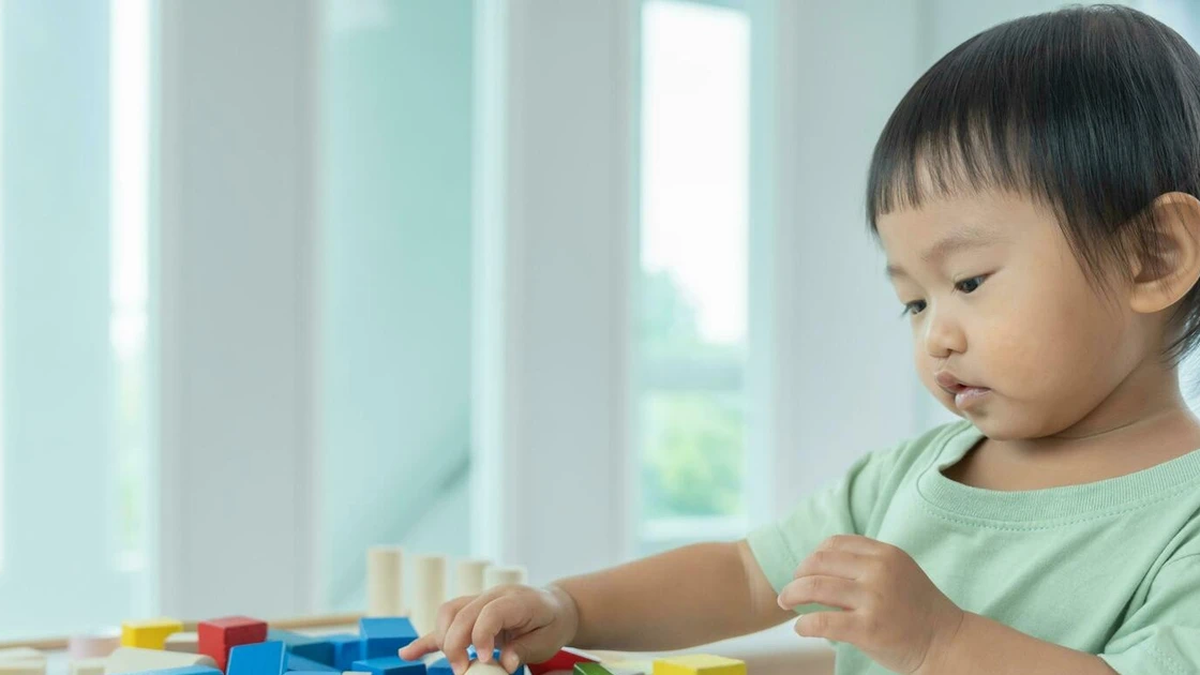


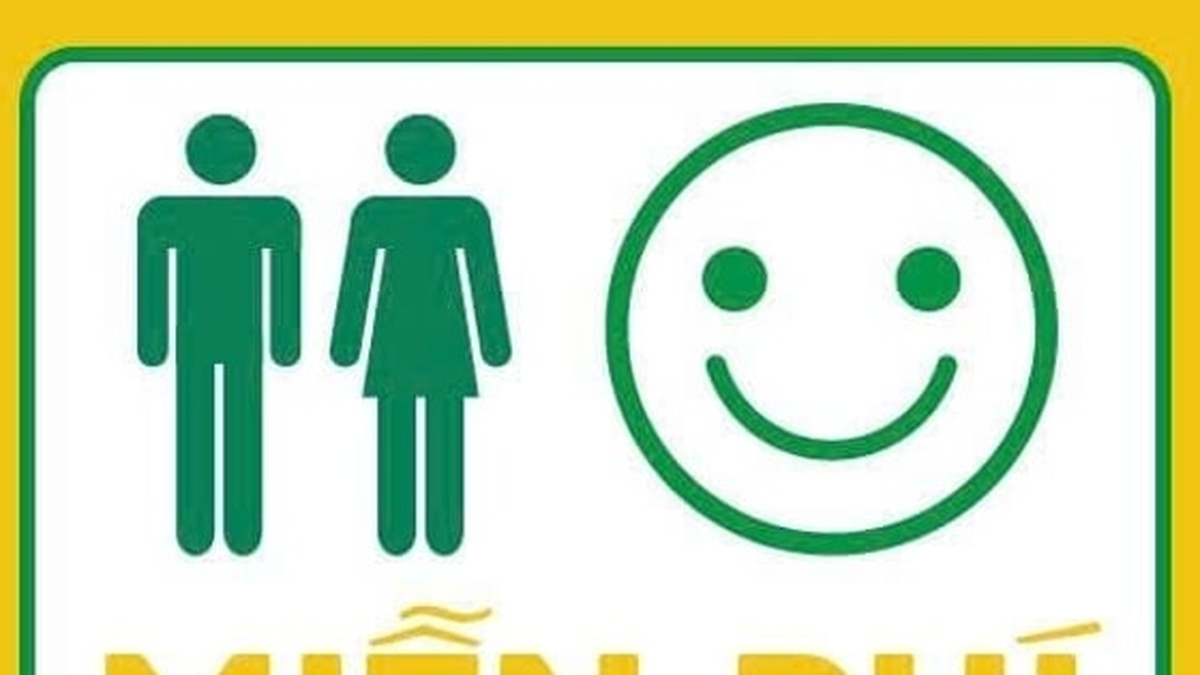

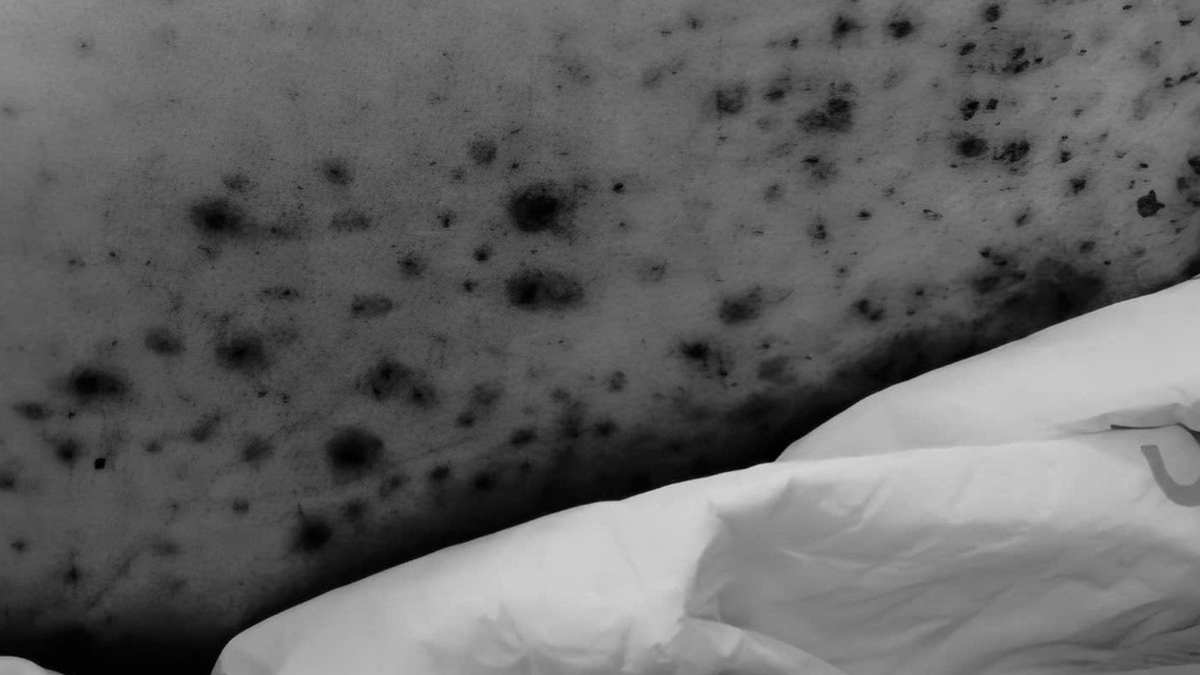

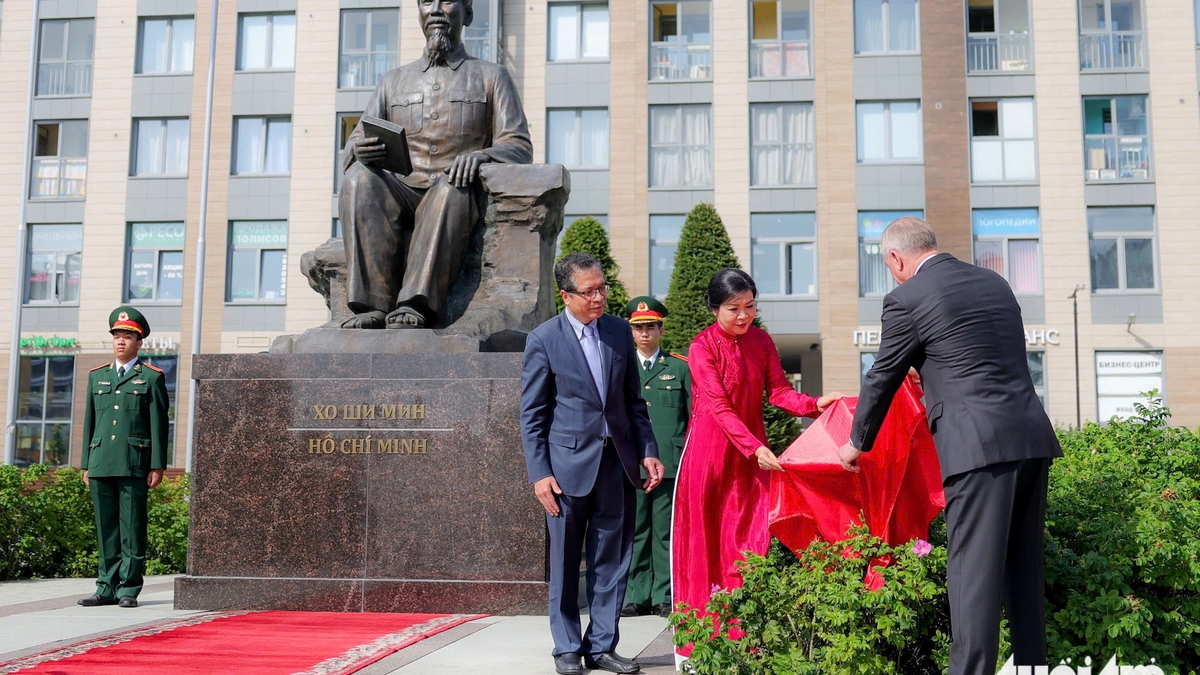














![[Photo] National Assembly Chairman attends the seminar "Building and operating an international financial center and recommendations for Vietnam"](https://vphoto.vietnam.vn/thumb/1200x675/vietnam/resource/IMAGE/2025/7/28/76393436936e457db31ec84433289f72)



















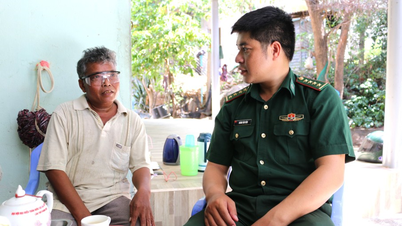






















































Comment (0)